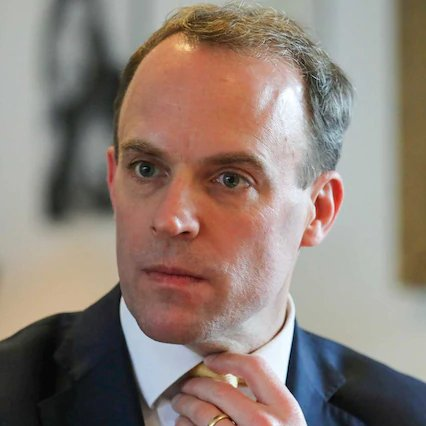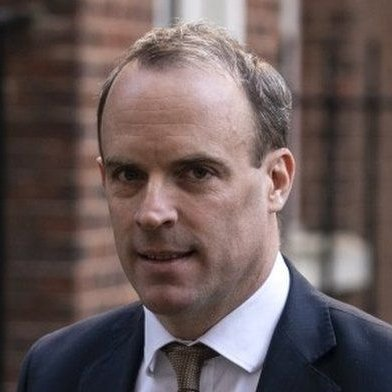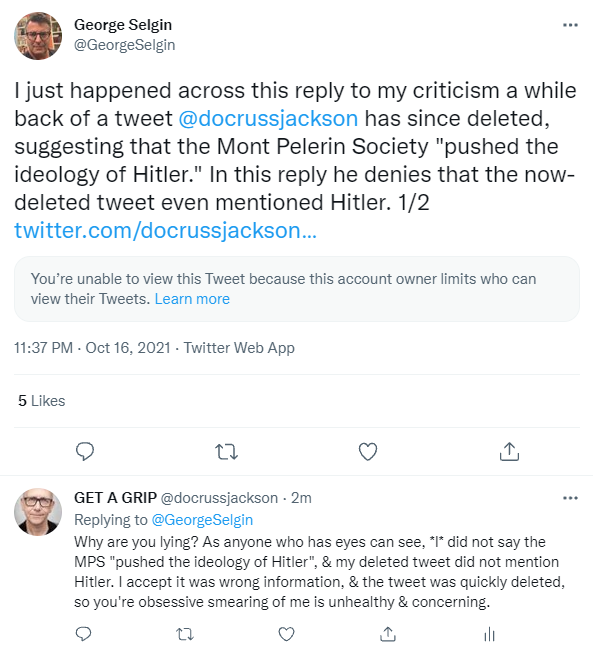
James Weinberg researches the psychological pressures of political life & the problem of violence & intimidation of politicians.
Dog-whistle & aggressive populism, partisan & personalising political news & improved democratic education all play a role.
theconversation.com/david-amess-ki…
Dog-whistle & aggressive populism, partisan & personalising political news & improved democratic education all play a role.
theconversation.com/david-amess-ki…
Even before the challenging #COVID19 pandemic, a recent Hansard Society audit of political engagement concluded that “opinions of the systems of governing are at their lowest point in the 15-year Audit series – worse now than in the aftermath of the MPs’ expenses scandal”.
In the #GE2017, 56% of surveyed parliamentary candidates expressed concern about abuse & intimidation. Misuse of anonymous social media accounts has intensified these problems & created a toxic environment for MPs that regularly exposes them to online rape & murder threats.
50 in-depth interviews with politicians in national legislatures, reveled almost 40% of interviewees were able to cite more than one instance of serious abuse or threats of physical violence.
Harassment, abuse & intimidation of elected & aspiring politicians is highly gendered.
Harassment, abuse & intimidation of elected & aspiring politicians is highly gendered.
In the UK, analysis suggests that women politicians, & black and minority ethnic women in particular, experience a disproportionate share of sexualised abuse online.
They also receive more aggressive & sexualised threats offline.
They also receive more aggressive & sexualised threats offline.
We need to call for conscious restraint & compassion in political discourse. When politicians resort to lies & dog-whistle populism, verbal abuse & infighting, it projects politics as an arena for incivility, perpetuating a binary worldview, crowding out empathy & compromise.
We also need to overhaul media coverage of politics. Increasingly intent on personalising the political & politicising the personal, a 24-hour news media too often drip feeds blunt stereotypes about politicians’ personalities & motives.
In contrast to much news coverage of politicians, research with hundreds of elected MPs & councillors has shown that the majority enter politics with an extraordinary dedication to improving the lives of others that is rarely perceived or appreciated by those they govern.
Equally important, nations around the world must commit to fully funded and well-resourced programmes of democratic education. Politics is messy & full of contingencies, & a deficit in democratic education leads to inflated public expectations about what is possible or desirable.
There is no place for political violence, harassment or intimidation in a functioning democracy. At the very least, politicians are ordinary humans attempting to undertake an extraordinary job on behalf of everybody else.
Nobody who has the courage to “step into the arena”, to paraphrase Theodore Roosevelt, deserves to fear for their life in the pursuit of public service.
To say that we need to rediscover civility & respect in our politics is once again an understatement of a devastating truth.
To say that we need to rediscover civility & respect in our politics is once again an understatement of a devastating truth.
• • •
Missing some Tweet in this thread? You can try to
force a refresh























